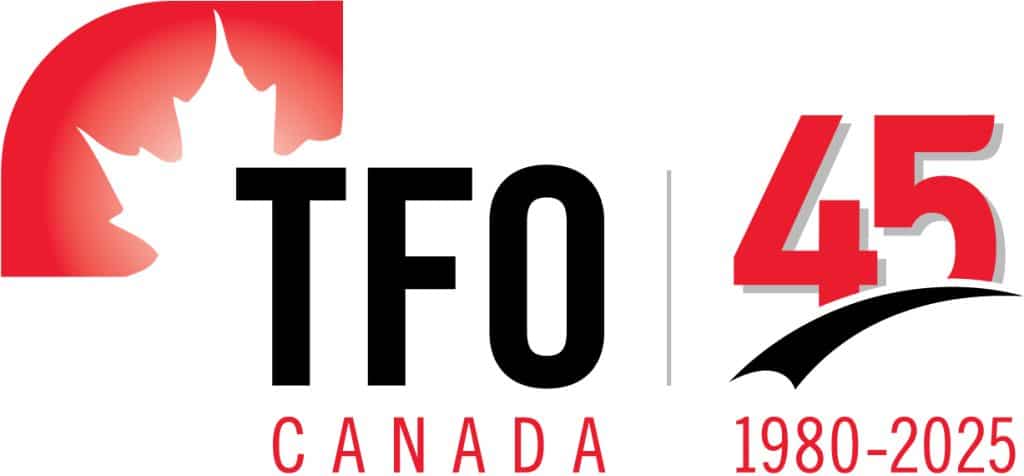Pioneer is the one word that best describes Lastiana Yuliandari, Founder and Director of Aliet Green. Established in 2009 in the small town of Yogyakarta in Indonesia, the company is not only Indonesia’s leading fairtrade producer of organic food products and hand-made ingredients, including coconut sugar and syrup and vanilla. It is the first with major certifications – Regenerative Organic Certification, Fair Trade, British Retail Consortium (BRC) and Gluten Free – demonstrating that Aliet Green’s products and farms meet the highest standards in the world for soil health, animal welfare and social fairness. Also the first in its area to invest in IIot (Industrial Internet of Things) means that Aliet Green has the technology to revolutionize the organic coconut sugar industry by enhancing efficiency, productivity and quality control.
“Our woman-owned business was born with a mission to create a better future every day,” explains Lastiana. “We set out to champion more small family holders and female and disabled agroforestry farmers and improve our indigenous communities’ well-being, helping them tackle climate change.”
Honoured with many awards, Aliet Green’s latest recognition came this year at COP 29 in Azerbaijan when it won in the Local Entrepreneurship category for innovative initiatives empowering communities on the frontlines of the climate crisis. “I was surprised as I did not expect us to win,” notes Lastiana. “The award is not just for me, but for everyone who makes up Aliet Green.” Her social enterprise employs 100, 70% of whom are women, in its large processing facility and office and works with over 1500 farmers in Indonesia. Aliet Green also received the Small Business award at the UN Food System Summit in 2021, an Agricultural award through WEConnect International in 2022 and was a runner up in the Sustainable Ingredient category at the Sustainable Food Summit in 2018.
Lastiana is enthusiastic about another win. “We have just signed an agreement with the United Nations Environment Programme (UNEP) to receive a grant funded by Global Affairs Canada that will help us develop a regenerative rehabilitation and community mobile app to assist female and disabled farming communities,” Lastiana adds.
Aliet Green’s foray into the international market began after exhibiting at a U.S. show in 2013. “At that time, there were not many products with an alternative healthy sweetener and not any that were more environmentally friendly than sugar cane,” recalls Lastiana. Today, the U.S. is her biggest market. She sells to conscious food manufacturers as well as wholesale and private label buyers looking to create food stories with impact. Organic and allergy-free, Aliet Green’s coconut sugar has many applications – from sweetening chocolate and drinks to using it in salads and even in healthy beer.
The company also exports to the U.K. and Switzerland. It began testing the Canadian market this year, with the support of TFO Canada, by exhibiting at SIAL in Montreal after which it received its first order. “Export marketing coaching from TFO Canada prior to joining the trade mission to SIAL helped me prepare for the show and how to respond to potential customers,” she explains.” It was like peeling the skin of your business and getting to know more about it…and about Canada.”
Exporting has proven to be a good growth strategy, something Lastiana predicted earlier on. “On the economic side, I saw that our farmers, most of whom are women and disabled, could get a premium price and, on the social side, it would give them access to a wider market and help them feed their families,” she says. “I want to be known as an international company. It’s a challenge and opportunity at the same time.” And, on the personal side, she adds that “it opens your mind to the outside world. I can learn from different cultures and points of view.”
Among the challenges her business has faced are shipping delays and rising freight costs as a result of COVID that strained cash flows and forced her to cut some work shifts. She also researched and secured some grants to help pay for expenses like exhibitions. Her advice to other SMEs going global is to check the regulations of other countries, be patient with cultural differences and pricing sensitivity, build trust with buyers and figure out how to create mutual solutions. She adds that TFO Canada can be a helpful resource for SMEs that would like to start exporting and need some support. Another beneficial service she received from TFO Canada under its Women in Trade for Inclusive and Sustainable Growth program was training in corporate social responsibility that helped her measure how well Aliet Green is doing in this area, both internally and externally.
Lastiana is on her way to pioneering another first. Even though Indonesia typically has 12 hours of sun daily, “No one is taking advantage of solar here,” she says. “My goal is to be the first woman-owned solar-powered regenerative manufacturing facility!”
TFO Canada is pleased to see the implementation of strategies provided during trainings to SMEs, and to enhance the access of these companies to international markets through participation in trade fairs. We are committed to gender equality through our work by creating sustainable business partnerships for exporters from developing countries. We would like to thank Ms. Lastiana Yuliandari for sharing her experiences.
